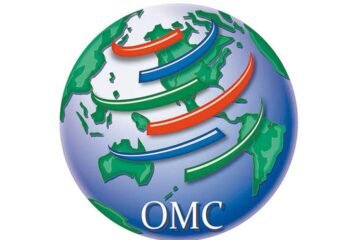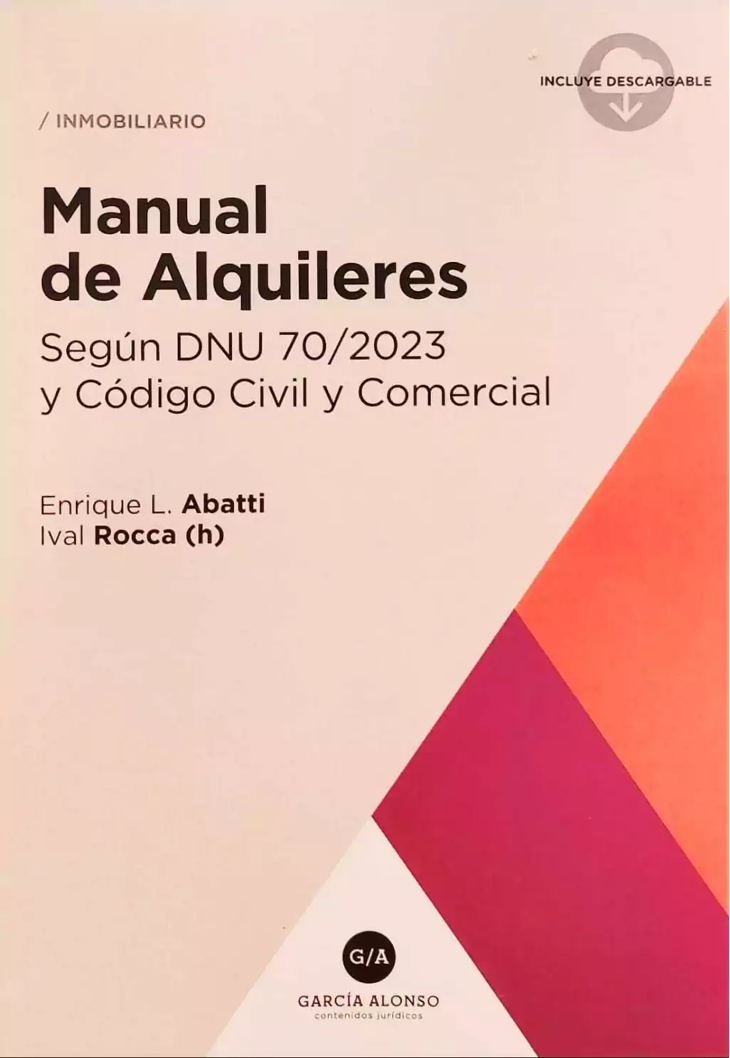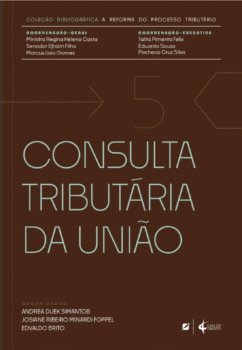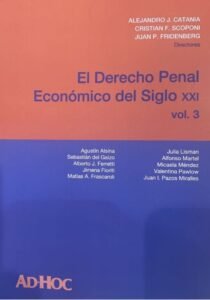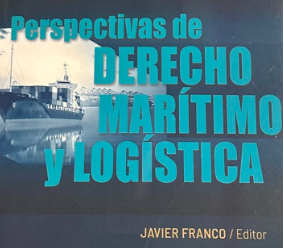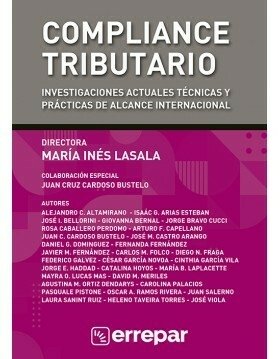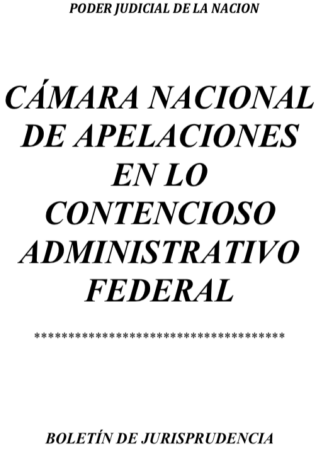OMC – Nueva publicación conjunta hace hincapié en las ventajas del comercio sin papel

En una nueva publicación conjunta se ponen de relieve los instrumentos técnicos y jurídicos que pueden utilizar los Gobiernos para iniciar la transición hacia el comercio transfronterizo sin papel y aumentar la eficiencia de los procedimientos de exportación e importación. El “Conjunto de Instrumentos para el Comercio Transfronterizo sin Papel”, publicado por la OMC, en colaboración con la Comisión Económica y Social para Asia y el Pacífico (CESPAP) de las Naciones Unidas y la Comisión de las Naciones Unidas para el Derecho Mercantil Internacional (CNUDMI), se presentó en un evento virtual celebrado el 30 de junio.
“The Cross-Border Paperless Trade Toolkit that we are launching today responds to growing demands for practical and solutions-oriented instruments that can harness trade digitalization for easier, less costly and more inclusive global trade,” WTO Deputy Director-General Anabel Gonzalez said at the launch of the report.
“Paperless trade specifically — and trade facilitation more generally — are also highly relevant in the broader context of the supply chain disruptions that we have been witnessing over the past two years,” she added.
“Paperless trade can be a very powerful tool to reduce trade costs, which is key to making economies more efficient, global trade more inclusive, and supply chains more resilient,” DDG Gonzalez concluded.
The “Cross-border Paperless Trade Toolkit” builds on the guides and checklists developed by ESCAP, with the aim of helping users conduct self-assessments of their cross-border systems.
The toolkit is intended to help officials implement paperless trade systems by looking at the steps needed to establish appropriate legal and technical frameworks that promote efficient cross-border practices. The publication also lists the international and regional organizations providing technical assistance and support programmes in this area.
Fuente: OMC





